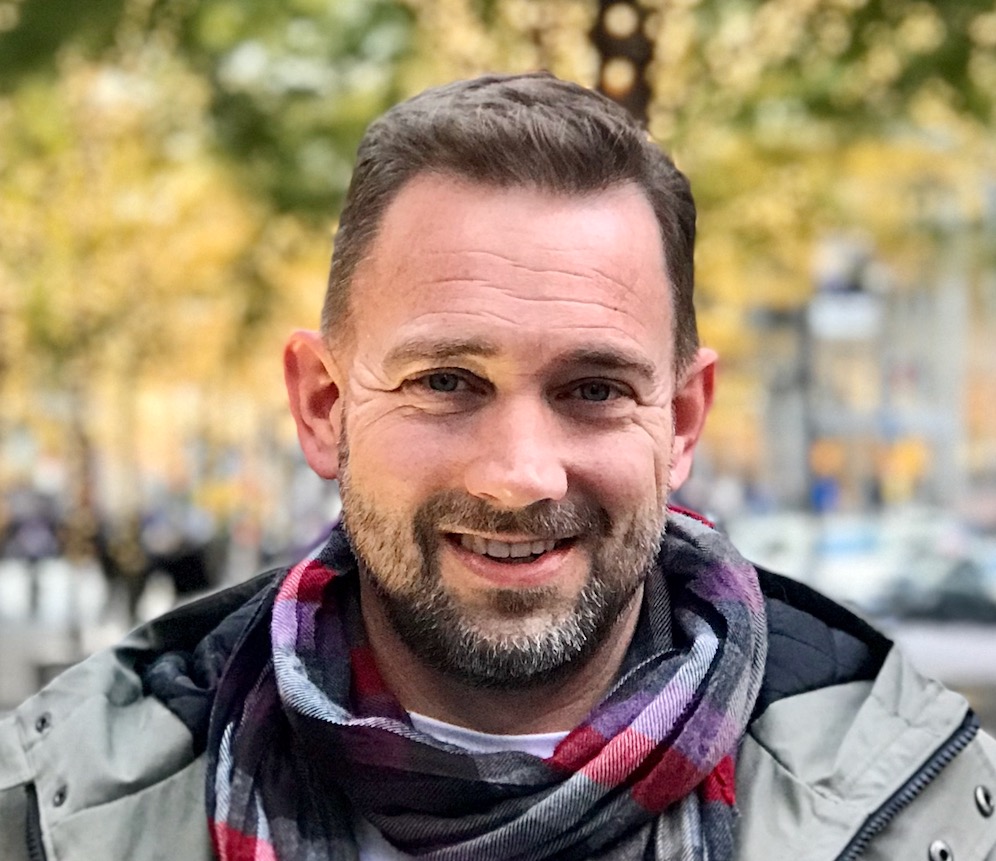Role & Organisation:
CEO, B Lab Australia & Aotearoa New Zealand
What was your first job?
I started work as a teenager at Coles stocking the Dairy section (a tough and cold job) and moved quickly to Pizza Hut making pizzas (better perks but late nights).
I loved the independence, but couldn’t eat pizza for years after that!
When did you know you wanted to work at the intersection of sustainability and business?
I worked through a range of businesses: starting off in law, then moved through executive roles at a listed retail business, before moving to running a family business with my wife. After that we started our own businesses, before partnering with someone else to merge our efforts. A pretty wide set of experiences!
This gave me great perspective, and moving into family business gave me a totally different perspective on the need to think long-term and address very different factors than quarterly report cycles. Coming out of these experiences I was focussed on the idea of creating long-term sustainable ventures that create value for more than just shareholders. I wanted to learn more from businesses in this space, and working with the B Corp community provides inspiration every day.
When did you first discover the concept of Impact Investing?
Probably 4 or 5 years ago, talking to a friend who works in the space, and it immediately presented as a powerful way to create change. Speaking to leaders in impact investing gives me much cause for hope, as they can bring significant capital to tackle problems so quickly.
What’s one exciting development you and your team have in the pipeline?
It might be a bit nerdy, but we’re launching a new governance model for B Lab designed to centre the community of B Corps in our work. It is an innovative approach, adding two bodies along with our traditional board, and is intended to ensure we build both a sustainable business for B Lab, and leverage the leadership of B Corps to drive the movement in our region and achieve our systems change goals.
The intersection of running a not-for-profit, itself a small business, and steering a movement, is a challenging place. You figure out quickly success comes from harnessing the power of many, not hoping to be that singular hero leader.
What was the most interesting business innovation you observed in the past 12 months?
There are just so many in the B Corp world, it’s hard to pick one! I must admit I do love an old thing done new: Citizen Wolf developed this bespoke model for the humble t-shirt, making great quality custom-designed t-shirts in the ultimate small-batch way: orders of one. They have a clever mix of technology, customer service, and a drive to reduce waste in the fashion sector.
Name one high impact company (globally) that our readers should keep their eye on?
Ok, but I’m not picking favourites, agreed? But one definitely worth watching is Sharesies out of Aotearoa New Zealand. Online share investing platforms are not new, but their commitment to democratising investment and educating people traditionally excluded from investing in shares inspires me.
What’s your vision for purpose-led-business in 5 years time?
Without doubt it is to see purpose-led business become increasingly the preferred, if not dominant model. The shift we have seen in the last 5 years is phenomenal: the idea of a business needing a reason to be, a social licence to operate, is growing in traction. We see this most clearly in advertising, where messaging is all about the impact of a product, the problem being solved, and the way in which it purports to be sustainable.
So I see the next 5 years being one of evolving regulation towards a stakeholder-first approach to business, along with the capitalist model doing what it does best: rewarding what people value. It is increasingly clear that people value businesses that avoid harm, and strive to have positive impact in everything they do.

